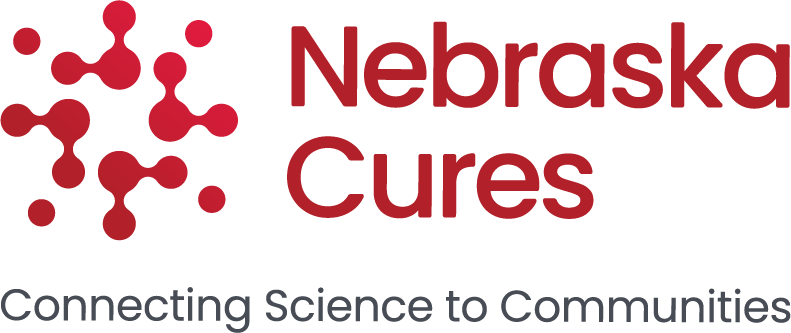By David Crouse, PhD
In the fall of 2019 edition of this newsletter, I provided an update on the problems with “direct-to-consumer marketing” of stem cell therapies and the FDA warnings about participating in such treatments (FDA Warns About Stem Cell Therapies | FDA). Earlier in the FDA’s regenerative medicine policy framework (Nov 2017, FDA announces comprehensive regenerative medicine policy framework | FDA), they encouraged innovation in novel regenerative medicine therapies and participation in their expedited approval programs. According to Dr. Paul Marks, the rapid preliminary approval track ended in March 2021. He also emphasized their original intent to allow only three years to meet their guidelines for Investigational New Drugs (IND) and premarket approval process for such products. That three years passed in November of 2020 and was extended to May of 2021 but will not be extended further (Advancing the Development of Safe and Effective Regenerative Medicine Products | FDA).
Since December of 2019 the FDA has sent more than 350 letters to clinics, manufacturers and providers reminding them of their need to come into compliance because they are at risk of enforcement actions (fines, injunctions, product seizure, and criminal prosecution; Types of FDA Enforcement Actions | FDA). Indeed, the FDA has already sought permanent injunctions against several stem cell clinics: US Stem Cell Clinic, LLC (Weston, FL); US Stem Cell Clinic, Inc. (Sunrise, FL); California Stem Cell Treatment Center, Inc. (Rancho Mirage and Beverly Hills, CA); and Cell Surgical Network Corporation (Rancho Mirage, CA). They have also sent strongly worded “Warning Letters” and other notices to producers of biological products used in the therapeutic operations of many stem cell clinics across the country. These letters went to: Predictive Biotech (Salt Lake City, UT; umbilical cord blood); Stemell Inc (San Juan Capistrano, CA; umbilical cord blood); Stratus BioSystems, LLC (Grapevine, TX; amniotic membrane cells); StemGenex Biologic Laboratories, LLC (San Diego, CA; adipose tissue processed to stromal vascular fraction [SVF]); R3 Stem Cell, LLC (Cave Creek, AZ; various human cell and tissue products). Overall, these actions represent a significant escalation of FDA responses to address the direct-to-consumer stem cell clinics and their cellular product providers. Most of the warnings and legal actions also name the professional providers and owners of the operations.
In addition to the actions of the FDA, several states have acted against stem cell clinics within their borders. In the past four years these actions include: California (Bill Text – SB-512 Health care practitioners: stem cell therapy), North Dakota (Bismarck clinic agrees to repay patients $20K, discontinue stem cell injections | State & Regional | bismarcktribune.com); New York (Attorney General James Announces Lawsuit Against New York City Stem Cell Clinic For Scamming Vulnerable Patients Out Of Thousands | New York State Attorney General (ny.gov); and, Georgia (Carr Sues Elite Integrated Medical for Deceptive Claims Made to Elderly and Disabled Consumers Regarding Stem Cell Therapy | Office of Attorney General of Georgia Chris Carr). Importantly, in July of 2020, the Attorneys General of Nebraska and Iowa also initiated legal actions against Regenerative Medicine and Anti-Aging Institute of Omaha, Omaha Stem Cells, LLC, and Stem Cell Centers, LLC that operated in our states (Nebraska, Iowa attorneys general announce lawsuits against stem cell therapy clinics | Live Well Nebraska | omaha.com). Both of these suits also name their owners and/or Chief Operating Officers. In these state cases, the Attorneys General allege the clinics engaged in fraudulent and illegal advertising, misrepresentations of their therapies, consumer fraud or false and misleading claims about their products or treatments. In the North Dakota case, significant fines and injunctions were implemented, while in California, the clinics were required to post conspicuous signage in their offices and provide detailed written disclosure of potential risks and side effects to each patient. The cases in Georgia, Nebraska and Iowa have not been decided yet.
In Nebraska, Senator Steve Lathrop introduced a Legislative Resolution regarding an interim study of the advertising and use of unproven stem cell therapies for health disorders in Nebraska. We expect that there will be a legislative hearing sometime this fall. It is our hope the input from this hearing will support the actions of the Attorney General and lead to changes in the operations of stem cell clinics offering unproven therapies.
